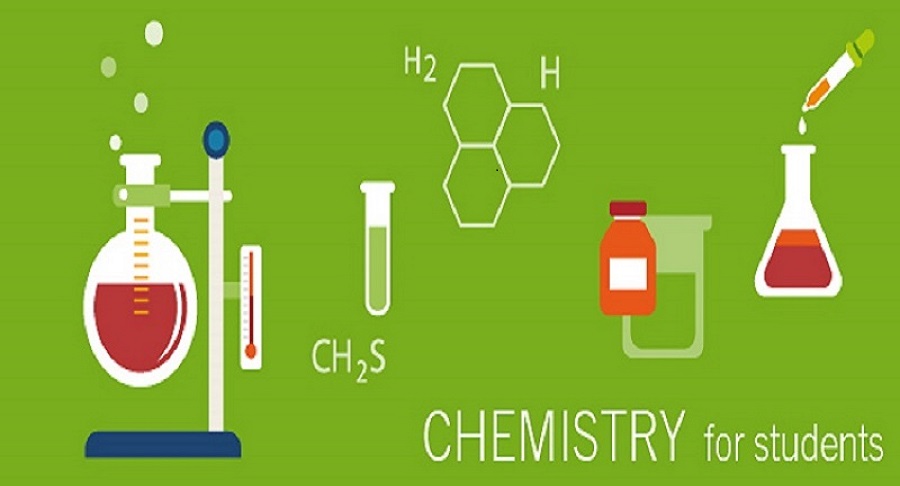 03/30/2023
03/30/2023
IGCSE Chemistry emphasises practical application and objectivity. Make sure you have your ideas straight before applying any general test advice.
Studying from your Cambridge-endorsed manual and keeping track of the understandings outlined in the IGCSE Chemistry Guide are the best ways to verify this. The Nelson Thornes Chemistry Textbook is something that can be directly endorsed. It is incredibly succinct and ideally suited to the subject matter.
Solve at least 10 years’ worth of questions for the MCQ exam to get a feel for the format, and you’ll see that the questions are repetitive once you get the idea of it.
Simply manage your time effectively and comprehend the marking criteria for paper 3 to pass. Paper 6 will be simple if you are familiar with the tables for qualitative analysis and your lab practical has been completed correctly. The guidance of an IGCSE chemistry tutor from IBGA is going to be helpful!
However, never start solving previous exams one after another without any guidance. Examine each paper after you turn it in to search for errors, then take the time to thoroughly understand those particular ideas before moving on to the further round of documents. 6–8 exams will be enough to prepare you if you truly follow through with this.
Students who take the IGCSE in chemistry learn about the technological environment in which they exist and are inspired to develop a critical interest in science and technological advancements.
The basics of elements, compound structure, and processes related to different classes of chemical compounds are all covered in this subject.
IGCSE Chemistry instructs students on the significance of Chemistry principles that help to enhance life’s basic necessities, including food, clothing, oxygen, housing, health, and energy.
This course is structured to assist students in comprehending the value of field research and development so that they can create high-quality products and services to meet human requirements.
The test suggestions that follow highlight some of the mistakes that students make frequently.
- Before you start responding questions where you have to pick a combination of options, you must fully comprehend what is needed.
- Always mark the wrong options with an X before selecting from the remaining options.
- If the query requests two observations other than a shift in temperature, omit temperature.
- The appropriate amount of significant numbers must be inputted for any computation. For excessive numbers, you might face consequences. Employ an IGCSE chemistry tutor in Delhi from IBGA!
- Understand all of the terms and meanings on your curriculum. Do not amplify the words with your own thoughts.
- Make sure the figure is labelled and that the paper’s area is covered with diagrams.
- The diagram for the device for measuring gas should be made in a way that prevents gas from escaping.
- When prompted for examples, only provide the specified amount.
- Avoid writing an exhaustive list of items if the query requests you to describe just one use.
- Make careful to check the appropriate box or response when you are required to check one in order to respond to a query.
- Keep in mind to look for any hidden terms in the queries. Mark important words, then carefully peruse the query.
- The pH measurement should not be confused with the level of acidity.
- The acid nitric acid is powerful, not feeble.
- Consider the ‘nox’ in CO (carbon monoxide) as an abbreviation for noxious to help you recall that it is deadly.
- A frequent error is to tally the bonds instead of the electrons when determining how many electrons are shared by the atoms on a molecule. For a proper guidance hire an IGCSE tutor in Delhi from IBGA!
- The hydrogen particle should always be depicted as a circular shape or by its sign when recording electrical systems that contain hydrogen.
- Concentrate on the exterior energy shell electrons rather than the overall number of shared electrons when asked how many covalent bonds there are in a compound.
- Heat is passed out during exothermic, while heat is taken in during endothermic.
- Never use symbols to represent equations when prompted to compose word equations.
- Nitrate particle is NO3 and has a negative two-charge.
- A silver ion has a 1+ charge. One frequent error is to believe that silver metal possesses a 2+ charge.
- The characteristics of elements should not be confused with those that characterize their combinations.
- Transitional element characteristics frequently lead to issues. Keep in mind that transition elements are NOT coloured by themselves; rather, their combinations are.
- Never list the general characteristics of metals when particular properties are requested.
- Corrosive and rust should not be confounded. Rusting is the procedure of being chewed away and the word corrosion refers to the ability of a chemical to consume another material.
- When analysing hydrogen chloride vapour with litmus paper, keep in mind that chlorine, not hydrogen chloride, is the substance that bleaches the paper.





 03/30/2023
03/30/2023